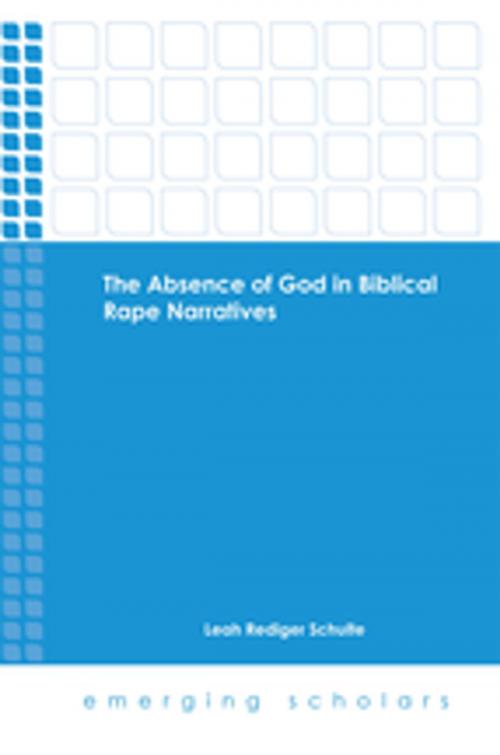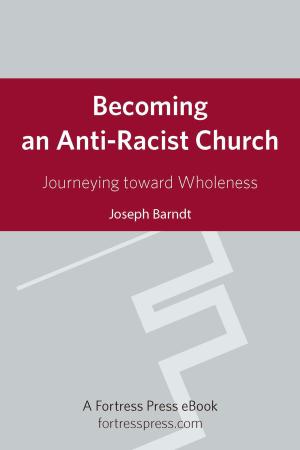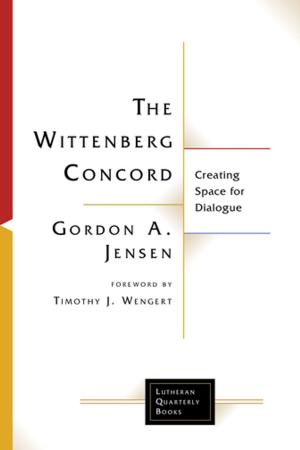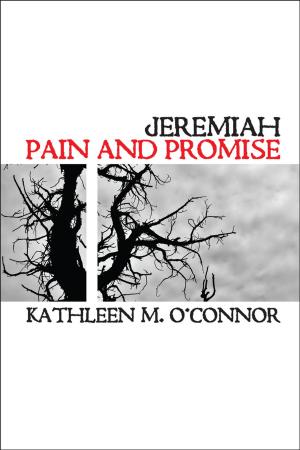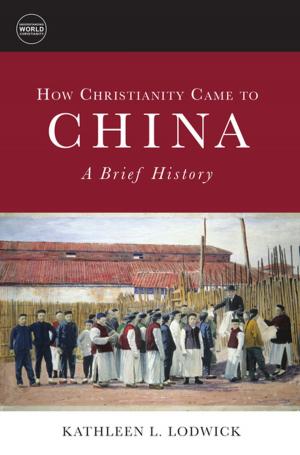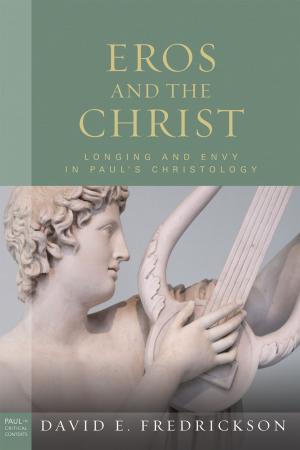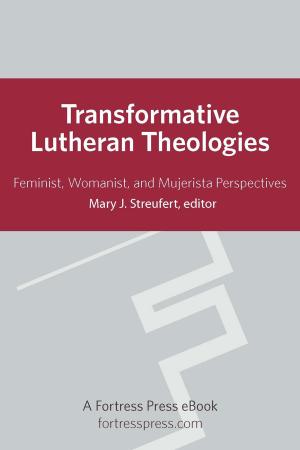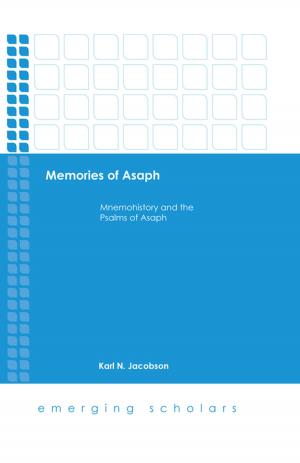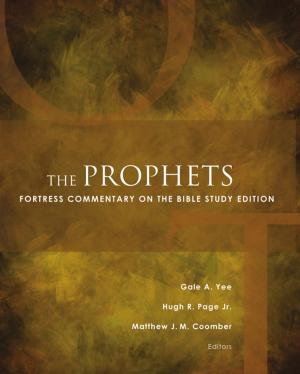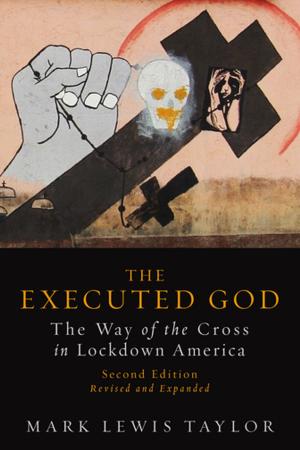The Absence of God in Biblical Rape Narratives
Nonfiction, Religion & Spirituality, Bible & Bible Studies, Study, Old Testament| Author: | Leah Rediger Schulte | ISBN: | 9781506432588 |
| Publisher: | Fortress Press | Publication: | August 15, 2017 |
| Imprint: | Fortress Press | Language: | English |
| Author: | Leah Rediger Schulte |
| ISBN: | 9781506432588 |
| Publisher: | Fortress Press |
| Publication: | August 15, 2017 |
| Imprint: | Fortress Press |
| Language: | English |
In this groundbreaking work to identify and address God’s absence in three key rape narratives in the Hebrew Bible, Leah Rediger Schulte finds a pattern that indicates a larger community crisis. With a careful look at Genesis 34, Judges 19, and 2 Samuel 13, this study outlines God’s absence, a foreign presence, and a persistent problem that is resolved incorrectly to highlight consequences of the Israelites breaking their covenant with God.
Using methodologies from literary criticism and gender studies and situating rape in its historical context, this volume makes distinctions between modern constructs of rape and biblical rape. Commentaries and studies on rape in the Bible often read a modern understanding of the victim and rapist back into the biblical text, missing how it would have been understood in ancient Israel.
These biblical rape scenes are intimately connected to and assist in telling the story of Israel’s history as a people and their covenantal relationship with their deity.
In this groundbreaking work to identify and address God’s absence in three key rape narratives in the Hebrew Bible, Leah Rediger Schulte finds a pattern that indicates a larger community crisis. With a careful look at Genesis 34, Judges 19, and 2 Samuel 13, this study outlines God’s absence, a foreign presence, and a persistent problem that is resolved incorrectly to highlight consequences of the Israelites breaking their covenant with God.
Using methodologies from literary criticism and gender studies and situating rape in its historical context, this volume makes distinctions between modern constructs of rape and biblical rape. Commentaries and studies on rape in the Bible often read a modern understanding of the victim and rapist back into the biblical text, missing how it would have been understood in ancient Israel.
These biblical rape scenes are intimately connected to and assist in telling the story of Israel’s history as a people and their covenantal relationship with their deity.
